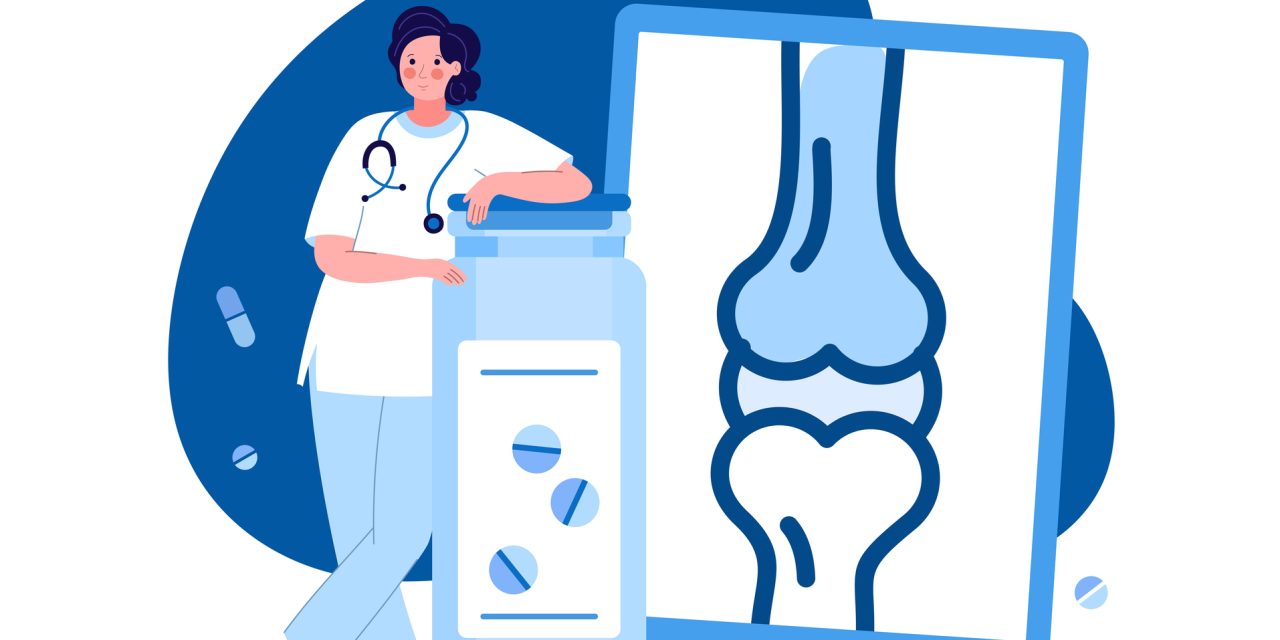The purpose of this qualitative study was the assessment of the feasibility and acceptance of orthopedists prescribing individualized therapeutic exercises via a smartphone app to patients suffering from non-specific back pain.
A total of 27 patients (mean age 44.8 ± 13.2 years) diagnosed with acute non-specific back pain were prescribed individually chosen therapy exercises via a smartphone app. Before the patients started and after 4 weeks of exercising all participants went through an assessment protocol consisting of questionnaires (Oswestry Disability Index [ODI], Short Form-36 [SF-36], International Physical Activity Questionnaire [IPAQ], Work Ability Index [WAI], Visual Analogue Scale [VAS] back pain, sociodemographic parameters), assessment of functional parameters (handgrip strength, timed up and go test). With 16 randomly chosen patients semi-structured interviews were undertaken at the end of the intervention period. Interview transcripts were analyzed using thematic analysis. Power analysis and a priori sample size calculations were undertaken with the quantitative data.
From the interviews four thematic categories emerged: prior exercise experience, evaluation of exercise intensity, communication with physician via smartphone app, and variability of exercise location. Quantitative analysis of secondary data showed significant improvements in back pain (ODI) as well as quality of life domains “physical functioning”, “bodily pain” and “vitality” (SF-36) of which “bodily pain” was sufficiently powered with the current sample size.
The prescription of therapeutic exercises via smartphone app to patients suffering from non-specific back pain is feasible and well-accepted in patients at all ages. Pilot data additionally pointed towards efficacy of the intervention.
Prescription of individual therapeutic exercises via smartphone app for patients suffering from non-specific back pain : A qualitative feasibility and quantitative pilot study.


